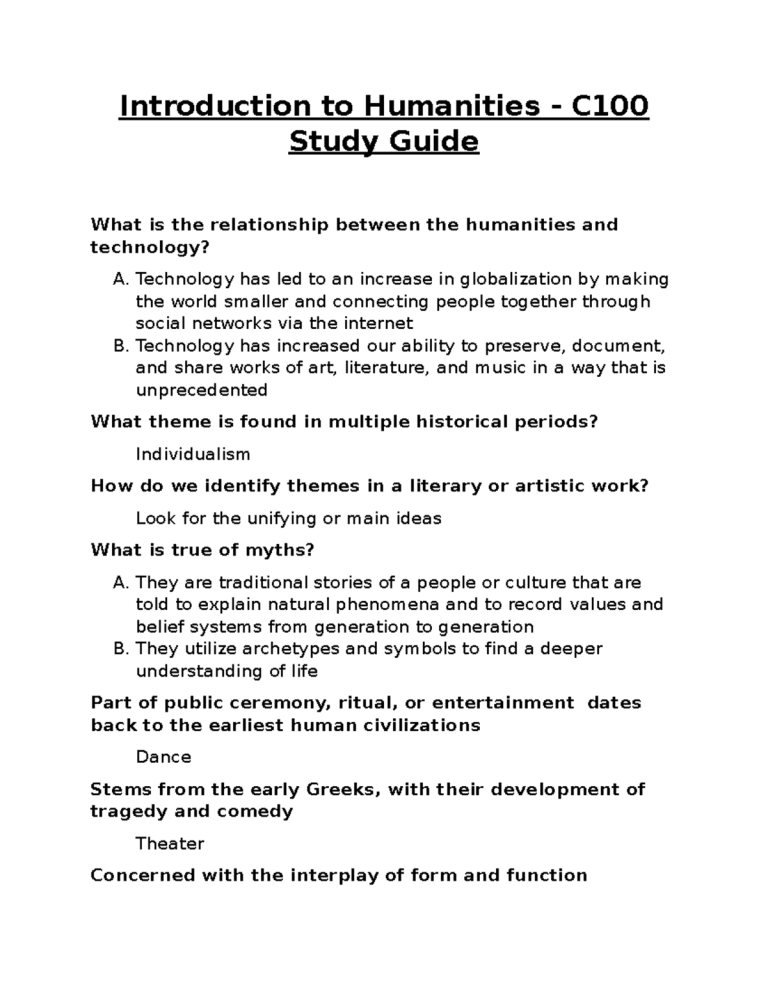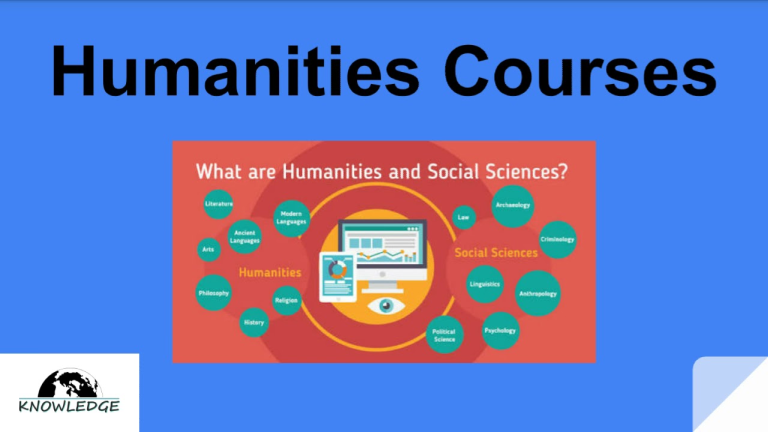In the realm of literature, sci-fi books about AI have opened up a fascinating dialogue about the intersection of technology and humanity. These narratives explore the implications of artificial intelligence, often serving as both a cautionary tale and a source of inspiration. As we delve into the best sci-fi novels, we discover that these stories challenge not only our perceptions of AI in literature but also provoke thought on censorship in fiction and the ethical dimensions of technology. Works such as ‘Blindsight’ and ‘Solaris’ illuminate the complexities of human-machine interactions and what it means to be conscious. Through gripping plots and character development, these books on artificial intelligence invite readers to reflect on our ever-evolving relationship with technology and what it signifies for our future.
Exploring the world of futuristic narratives reveals a treasure trove of science fiction that tackles themes of machine intelligence and its impact on societal norms. Books that discuss the role of advanced technology and artificial entities in our lives prompt readers to reconsider their understanding of existence and autonomy. Many acclaimed titles have emerged over the years, engaging audiences with thoughtful examinations of how technology reshapes our reality and influences our moral compass. The interaction between beings and intelligent systems in these narratives not only amplifies the possibilities of invention but often critiques the potential dangers of unchecked technological advancements. From cautionary tales rooted in existential dilemmas to enlightening explorations of human nature, these sci-fi works challenge our perspectives and encourage discourse about the future.
Exploring the Depths of AI in Sci-Fi Literature
Sci-fi books about AI have become pivotal in understanding the complexities of artificial intelligence and its implications for humanity. Titles like ‘Blindsight’ by Peter Watts challenge our perceptions of intelligence and consciousness, forcing readers to confront unsettling questions about what it means to be sentient. As we move further into an era where AI systems are integrated into our daily lives, stories that explore these themes might serve as both cautionary tales and inspirational guides. They encourage us to reflect on our relationship with technology and consider the moral responsibilities that come with creating intelligent machines.
Furthermore, narratives such as ‘Solaris’ delve into the nature of communication and intelligence beyond human comprehension. The plot centers on a team of scientists grappling with the unknown, revealing how much remains undiscovered in the vast universe of possibilities surrounding AI. This intersection of science fiction and technology offers profound insights that can help us navigate the ethical dilemmas of our rapidly advancing technological landscape, making these books essential reads for anyone interested in the future of AI.
The Role of Censorship in Sci-Fi Narratives
Censorship in fiction has long served as a backdrop for exploring greater truths about society and human nature. In works like ‘Exorcism’ by Han Song, the narrative is not only a commentary on a dystopian future plagued by authoritarian control but also a reflection of real-world challenges. As the protagonist navigates a militarized and censored existence aboard the Peace Ark, the story resonates with the current global climate where different forms of suppression affect the dissemination of information. Readers are pushed to question the reliability of their sources and the manipulative powers of the narratives presented to them.
Similarly, Ray Bradbury’s ‘Fahrenheit 451’ serves as a poignant reminder of the consequences of censorship. As technology evolves, the book warns against the seductive nature of entertainment that distracts from critical thinking and knowledge acquisition. In a world where AI influences what we consume, the push for deeper engagement with literature becomes crucial. Sci-fi fiction that deals with censorship encourages readers to protect intellectual freedom, urging them to remain vigilant against systems that could lead to cultural amnesia.
Frequently Asked Questions
What are some recommended sci-fi books about AI that explore its implications in society?
There are many compelling sci-fi books about AI that delve into its societal implications. Titles such as ‘Blindsight’ by Peter Watts explore the potential of augmented intelligence and the philosophical inquiries of consciousness and intelligence. ‘A Rover’s Story’ by Jasmine Warga offers a heartwarming narrative about a Mars rover’s emotional connection with humans, while ‘Solaris’ by Stanislaw Lem examines the limits of understanding when encountering alien intelligences. Each of these best sci-fi novels encourages reflection on humanity’s relationship with technology.
How do sci-fi books about AI depict the relationship between humans and machines?
Sci-fi books about AI often present intricate relationships between humans and machines, highlighting emotional connections and ethical dilemmas. For instance, in ‘A Rover’s Story’, the bond between a Mars rover and a human operator reveals how machines may take on surrogate roles in emotional lives. Similarly, ‘Exorcism’ by Han Song portrays AI as both a tool and a governing force in a complex narrative exploring dystopia and human resilience. These narratives emphasize the nuanced dynamics of companionship and control that characterize AI in literature.
What themes in AI literature and censorship are explored in sci-fi books?
Themes of censorship and the power dynamics of information control are profoundly examined in various sci-fi books about AI. ‘Fahrenheit 451’ by Ray Bradbury serves as a cautionary tale about the dangers of censorship, showcasing a society where knowledge is suppressed in favor of distraction. Likewise, in ‘Exorcism’ by Han Song, the narrative reveals how AI governs the perception of reality and manipulates the understanding of truth, echoing contemporary concerns about information control in the era of rapid technological advancement.
How do best sci-fi novels reflect current concerns about artificial intelligence?
Best sci-fi novels engage with contemporary concerns about AI by exploring its implications on society and individual autonomy. ‘Blindsight’ provokes questions about the nature of consciousness and whether AI could function without it, raising alarms about the directions artificial intelligence might take. Furthermore, titles like ‘Fahrenheit 451’ examine the risks of technology overpowering critical thought, reflecting anxieties pertinent to the digital age and AI’s potential impact on knowledge consumption and intellectual growth.
Are there middle-grade sci-fi books about AI that are educational for younger audiences?
Yes, there are wonderful middle-grade sci-fi books about AI that are both engaging and educational. ‘A Rover’s Story’ by Jasmine Warga introduces young readers to themes of resilience, humanity, and the interplay between robots and emotional connections. This narrative not only entertains but also sparks important discussions about technology’s role in our lives and the essence of what it means to be human in an increasingly automated world.
| Title | Author | Key Themes |
|---|---|---|
| Blindsight | Peter Watts | Human vs. AI consciousness, exploration of intelligence beyond human understanding. |
| Solaris | Stanislaw Lem | Limits of communication, humility in the face of the unknown, and existential encounters. |
| A Rover’s Story | Jasmine Warga | Exploration of emotional connections to AI and the uniqueness of human experience. |
| Exorcism | Han Song | Role of narrative and memory in a censored universe, interaction between AI and human stories. |
| Fahrenheit 451 | Ray Bradbury | Censorship, distractions from deep thought, and the threats to intellectual freedom in an AI-driven society. |
Summary
Sci-fi books about AI explore deep philosophical questions about consciousness, identity, and our relationship with technology. These narratives not only entertain but also serve as cautionary tales that challenge us to reflect on the implications of our evolving digital world. Through the lenses of diverse authors and their unique stories, we gain insights into how artificial intelligence might redefine humanity—not just in what we create, but in who we are.




